The 2023 Emmys are shaping up to return some stunning results for HBO, who dominated this year’s nominees and made history in the process. Only two networks have managed to take up four spaces among the Best Drama contenders in the past: CBS in 1973 and NBC in 1992. HBO became the third as Succession, The Last of Us, The White Lotus, and House of the Dragon all received nods from the Academy.
The channel racked up a total of 127 nominations with clear dominance over runner-up Netflix in what is a reflection of its firm finger on the pulse of quality television. HBO has built a reputation as the home of some of the best scripted television ever produced, and its 2022 run of Sunday programming might be its best yet. The Game of Thrones prequel, which critics and fans claim returned the property to its former glory, was followed up with the 2nd season of the award-winning dramedy White Lotus, which managed to top its first run. Then the adaptation of the popular zombie video game The Last of Us had everyone glued to their screens just in time for the final curtain call of two of the best series of their decade – Succession and Barry. It’s hard to find any other network with a year this astounding and consistent.
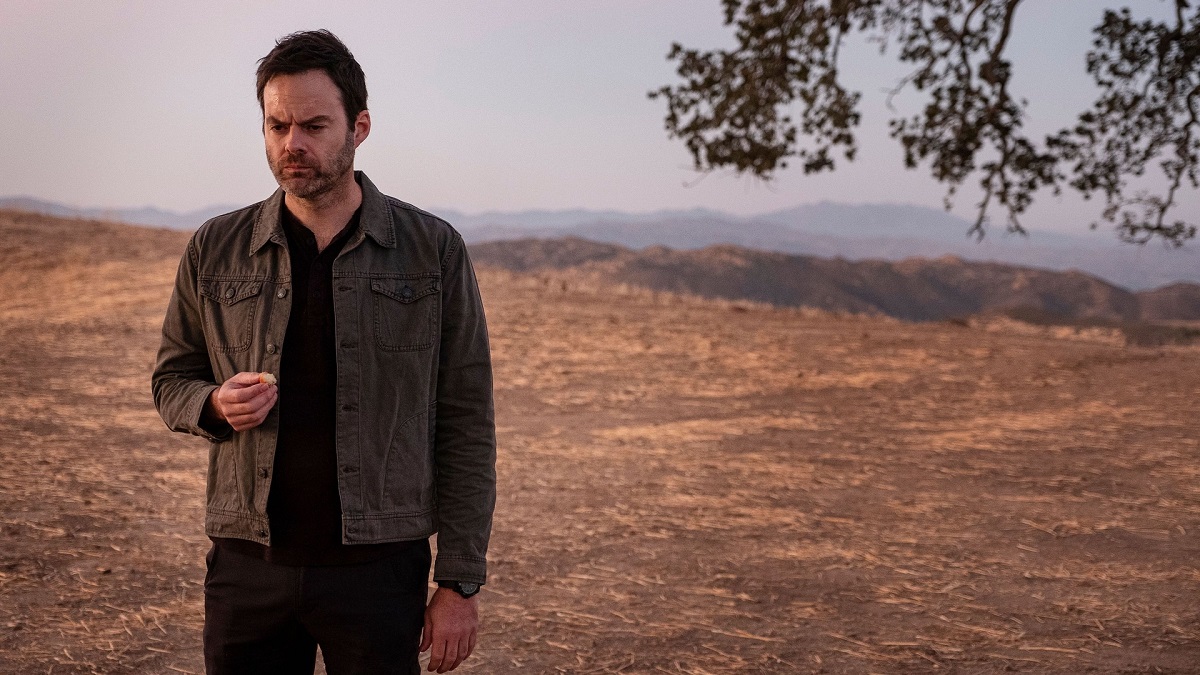
While more seasons of every one of these shows, bar the last two, are currently on the horizon, it’s hard to tell whether HBO will be able to maintain a level this high. In fact, accounting for leadership change, two impactful strikes, and the disappointment of The Idol, the outcome could very well be negative.
David Zaslav’s tenure as CEO of Warner Bros. Discovery following the merger of the two companies kicked off with a bang in 2022, with controversial cost-cutting measures. Among them were canning a finished straight-to-streaming film that never saw the light of day, removing underperforming titles from HBO Max, killing projects in the development stages like J.J. Abrams’ HBO drama series Demimonde, almost destroying TCM, forcing the Avengers of cinema (Martin Scorsese, Steven Spielberg, and Paul Thomas Anderson) to intervene, and attempting to sell part of Warner Bros.’ music library.
Zaslav also combined HBO Max and Discovery Plus into a single streaming platform called Max in 2023, which made a lot of people nervous that the company and the streamer were moving away from HBO as their mantlepiece in television and turning toward reality and unscripted programming as Zaslav’s specialty. That variety of supply could help Warner Bros. make it through the aftermath of the Writers’ and Actors’ strikes by relying on Discovery’s catalog, but could it mean HBO will be replaced as the favorite child?
Zaslav is one of the main targets of the strikes as the highest-paid entertainment executive in Hollywood. According to the Los Angeles Times, Zaslav’s compensation over the last five years was close to half a billion dollars – a pay disparity that members of the WGA and SAG-AFTRA are trying to combat.
From this perspective, the new Warner Bros. Discovery doesn’t sound like a place where daring, complex thoughtful scripted television could thrive. Zaslav has previously said that generating free cash flow (the money immediately available to the business) is a priority, and that can only be achieved through cost-cutting and controlled investment. Per Deadline, Zaslav believes “there’s nothing more important than content, people [are] consuming more content than they ever have. But it has to be great content. It’s no longer about how much.” He says the company will no longer create content “at any cost” moving forward, which has outsiders worried he’s penny-pinching since playing it safe and thinking commercially has never resulted in truly great TV or film. Still, the studio head has promised to spend more than ever before.
Over at HBO and Max, the conversation is still seemingly putting quality storytelling and the people who create it first. Both the Chairman and CEO of HBO and Max Casey Bloys and Head of Drama Francesca Orsi are vocally pro-artists, with the former taking a hard stance against Artificial Intelligence (a huge point of contention between studio executives and unions). “I hope to God I’m retired by [the point AI takes over the industry],” Bloys told Variety.
Speaking to Deadline about the spectacular number of nominations at the Emmys, Bloys said it serves as a reminder that the industry is nothing “without the talents of writers and actors.” He also hopes a deal can be reached that makes both communities feel “worthy.” For Bloys, Emmy domination is only a byproduct of HBO’s strive to work with “really talented writers, directors, and actors.”
That’s why Zaslav’s strategy to focus on franchises like DC, Game of Thrones, and Harry Potter feels like it could spell bad news for the type of innovative original television that HBO has historically produced. Bloys, however, doesn’t seem interested in unnecessary spin-offs cashing in on popular IP like Succession.
“It’s obviously fun to think about the combinations. But if [Succession creator Jesse Armstrong] is not feeling it, I’m not going to go down that road.”
Similarly, Orsi believes things like remakes and reboots, which seem to be a plague in the entertainment industry at the moment, are not “exciting” to the HBO Drama department, which would rather “find something totally original, new and un-derivative in terms of its world.”
Hopefully, Zaslav’s love of franchises and Bloys and Orsi’s belief in fresh unique programming can co-exist. In the pipeline, there’s more Game of Thrones, with a few more seasons of House of the Dragon, possibly three seasons of A Knight of the Seven Kingdoms: The Hedge Night, and a Jon Snow spin-off in early development. There’s also the Harry Potter remake in series format which will be a Max original (not HBO, even if Bloys doesn’t seem to think there’s a difference, which makes the whole thing even more confusing).
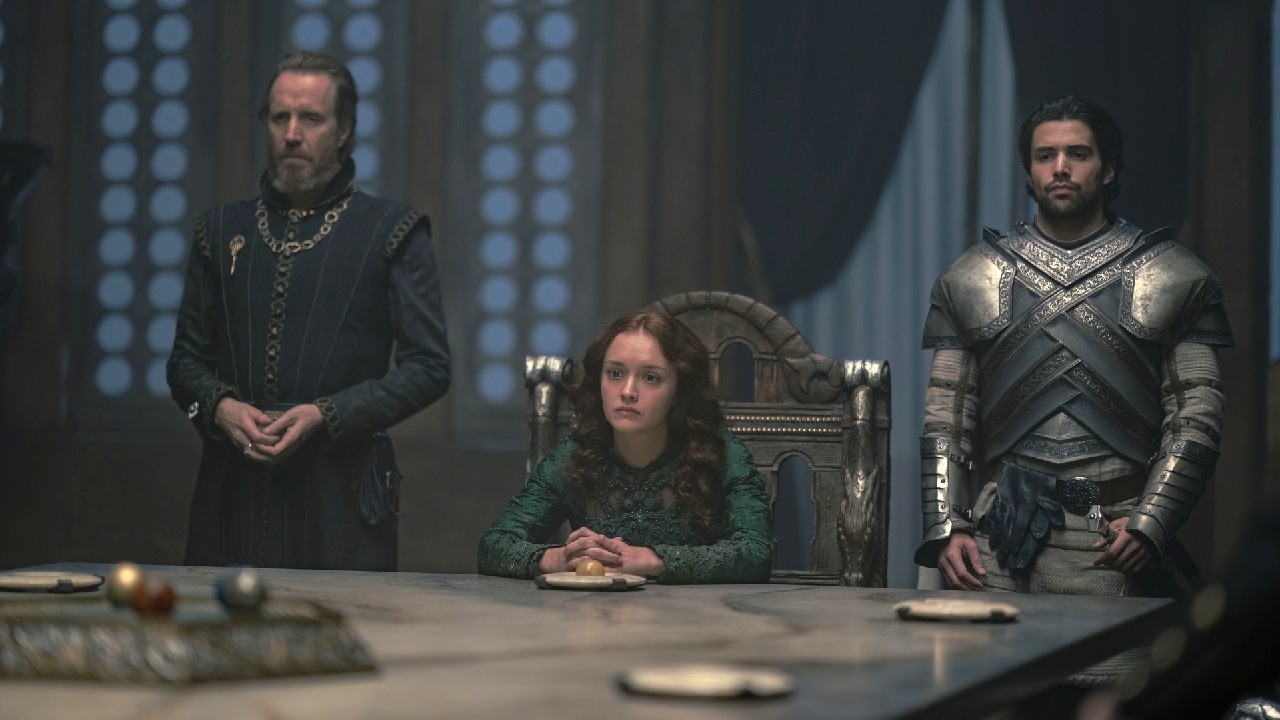
At the same time, there are new seasons of The Last of Us, The White Lotus, and Euphoria coming in the near future, as well as the return of True Detective. Robert Downey Jr.-led dramedy The Sympathizer, and Kate Winslet miniseries The Regime are also coming soon. Orsi did say the network is interested in the cost efficiency of contemporary shows. Where period pieces like House of the Dragon rely on pricey visual effects, projects set in the here and now like Succession and White Lotus are easier to maintain in an ongoing format. The Idol is one of the only HBO bets in recent memory to have completely backfired, but it’s also proof that the network is still taking risks, even under its hard-gripped new leadership.
During the company’s quarterly earnings call, Zaslav said WBD would be “doubling down on [the] HBO team,” which he says have almost all been “locked up” with new contracts. “Quality is what matters. Quality is what Casey [Bloys] and that team is [sic] delivering. It’s the best team in the business,” the executive stated, adding that they would be spending “dramatically more this year and next year than we spent last year [and] the year before.”
While Zaslav’s immediate actions as the new CEO of Warner Bros. Discovery seemed to spell trouble for the prestige of HBO originals — made worse by how terrible The Idol was and the ongoing strikes by writers and actors — it looks like all is not lost for the legacy network. The birthplace of The Wire, The Sopranos, Game of Thrones, Sex and the City, and Succession will hopefully retain its identity and ideology for the good of all of us fans of good old long-form television — a luxury rarer by the way, disappearing at the hands of boring, nostalgia-mongering remakes, cancelation-happy platforms, and the ever-looming threat of AI-generated scripts.

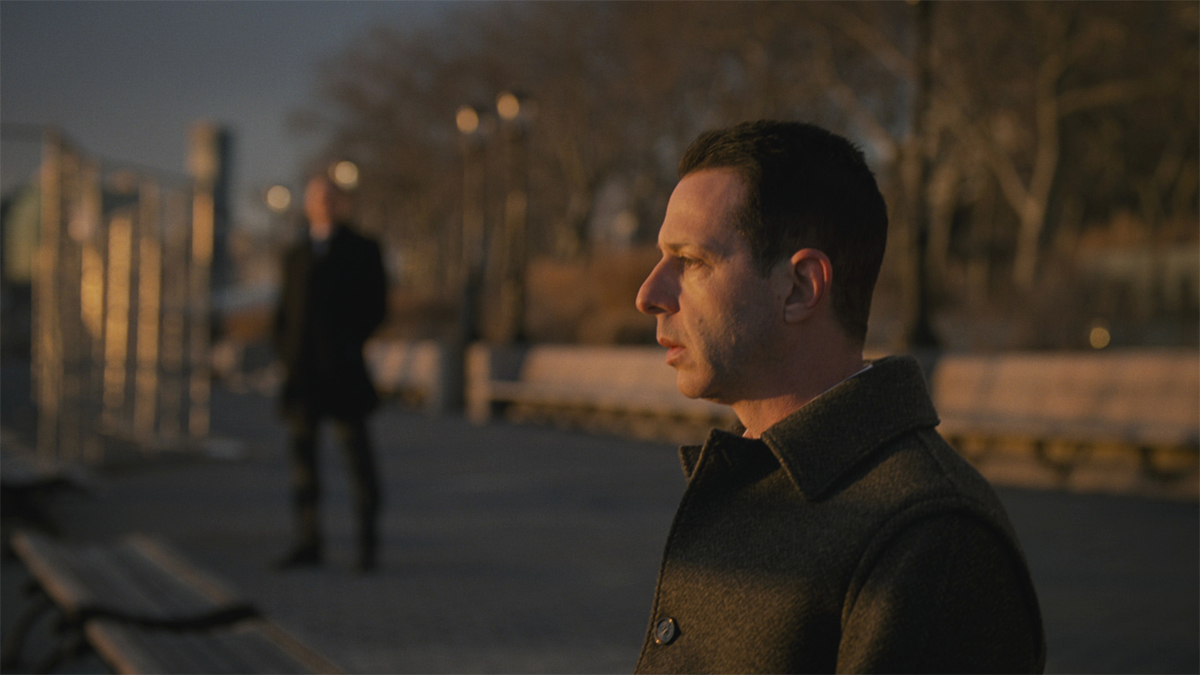
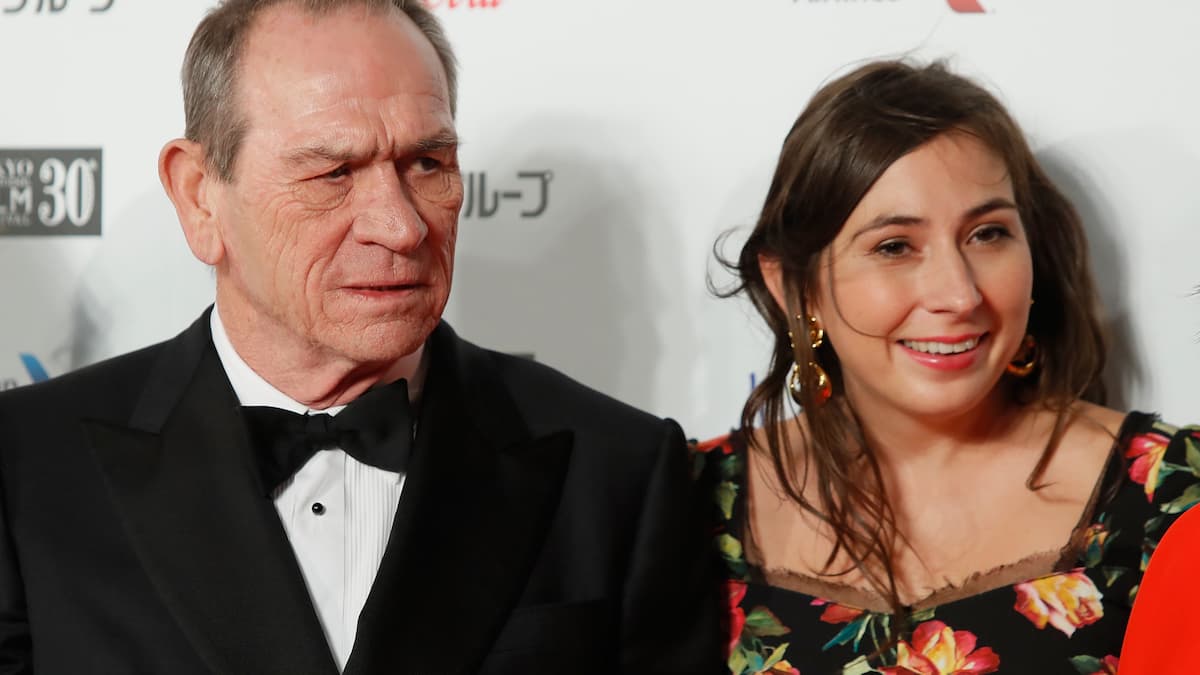
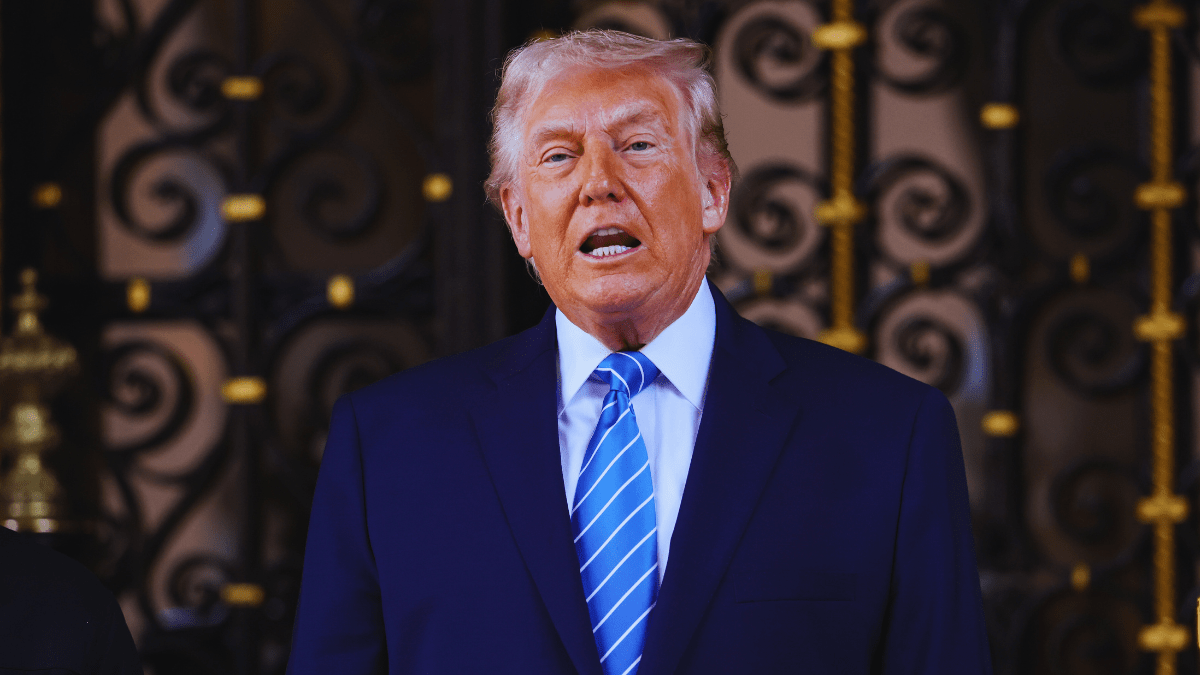
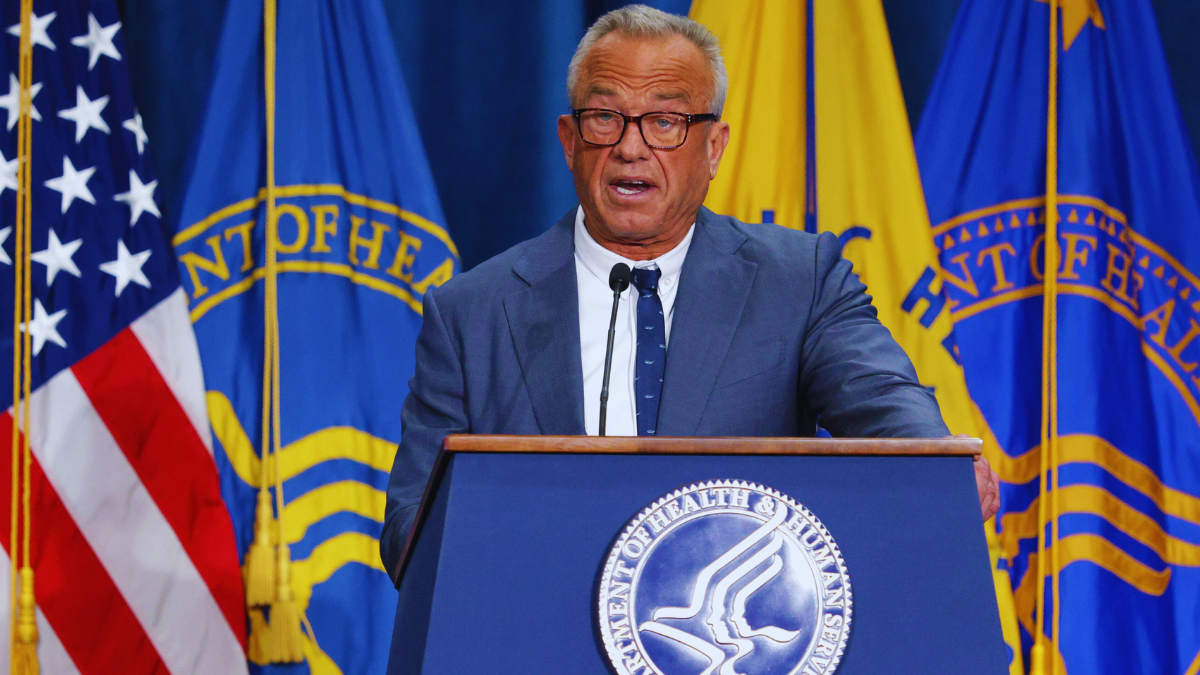
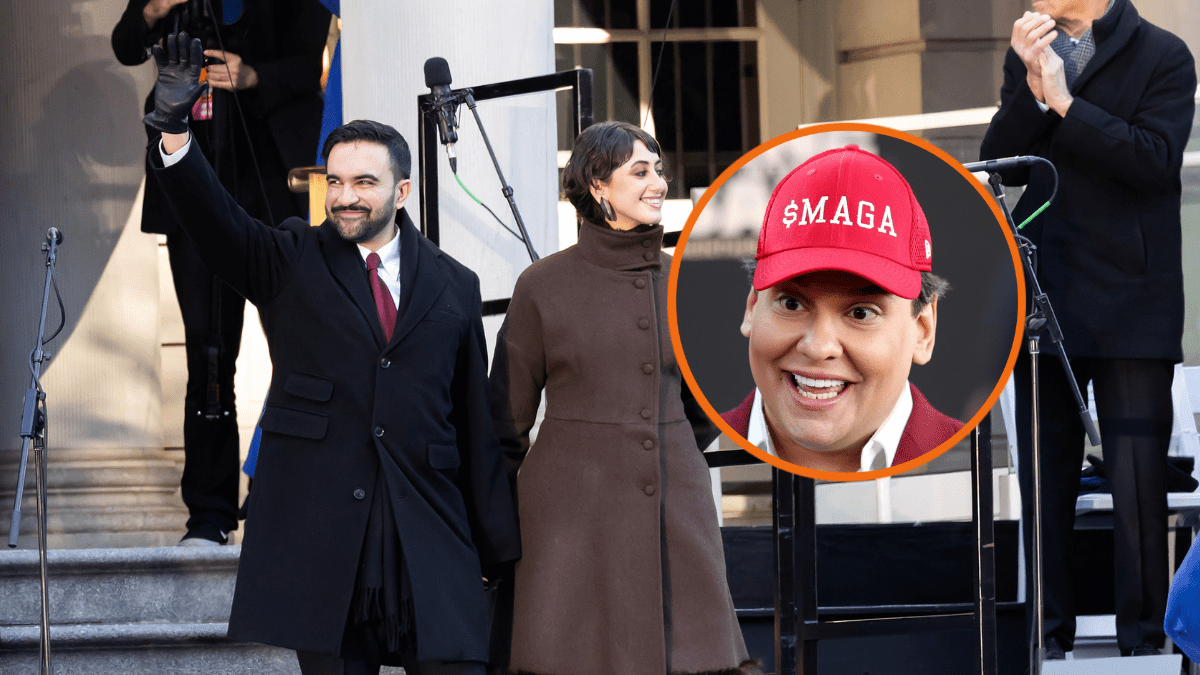
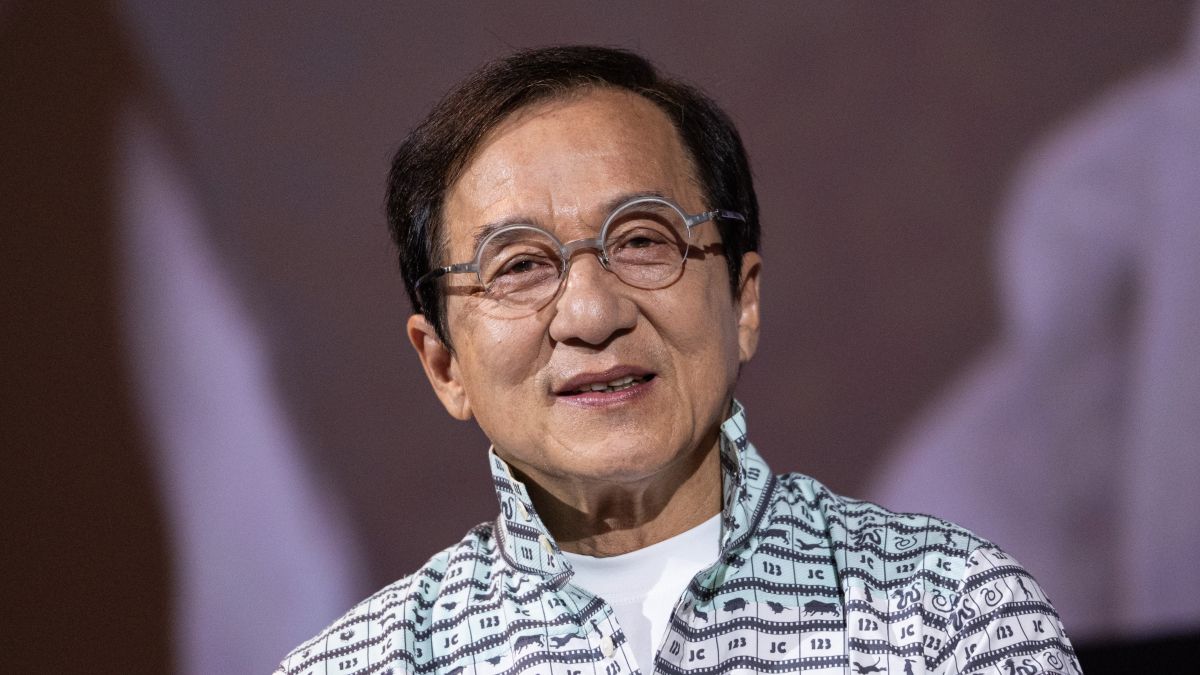
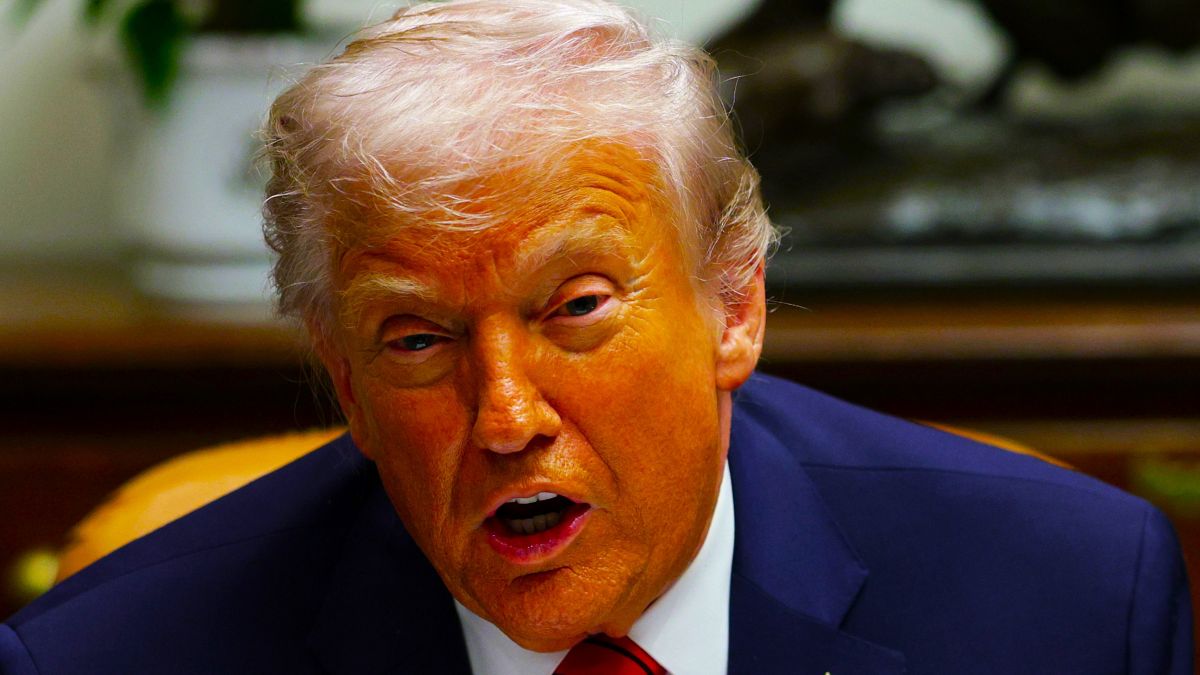
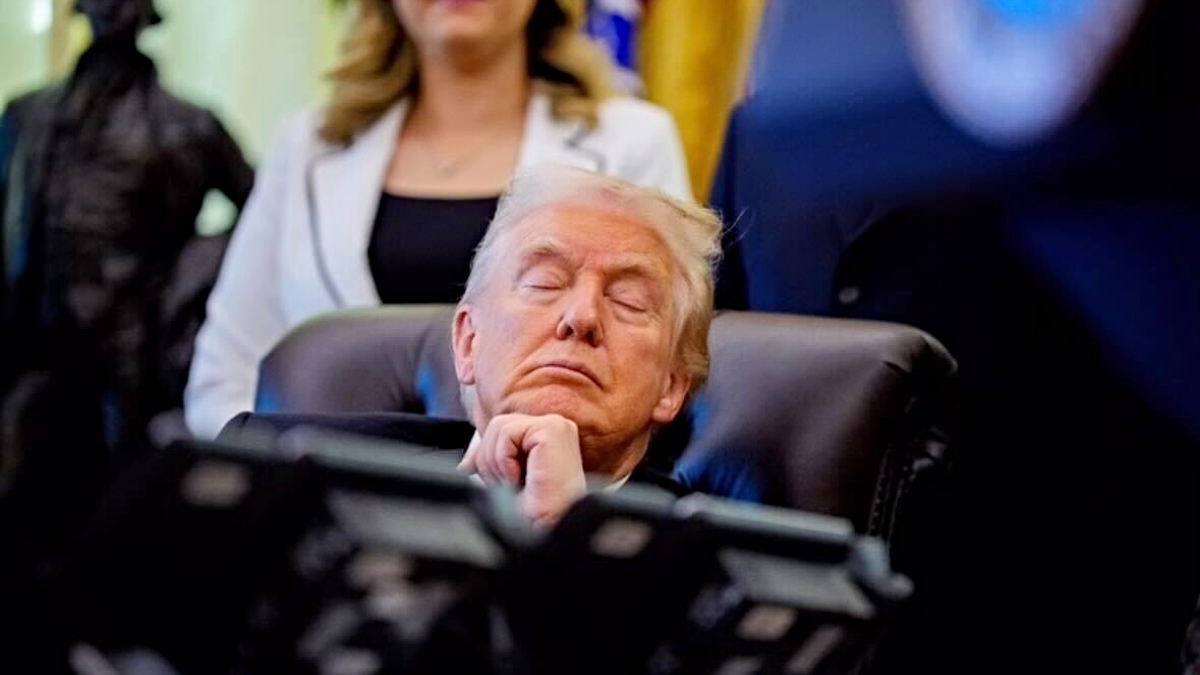
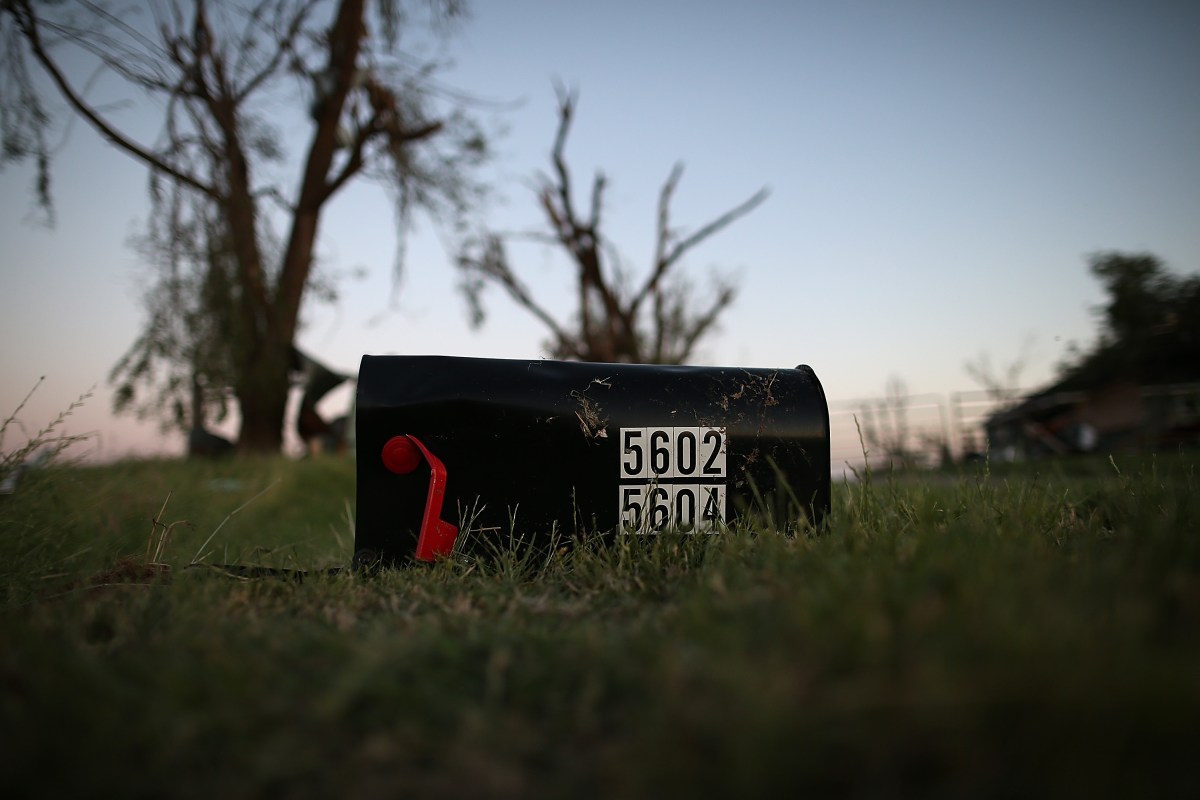

Published: Jul 17, 2023 01:39 pm